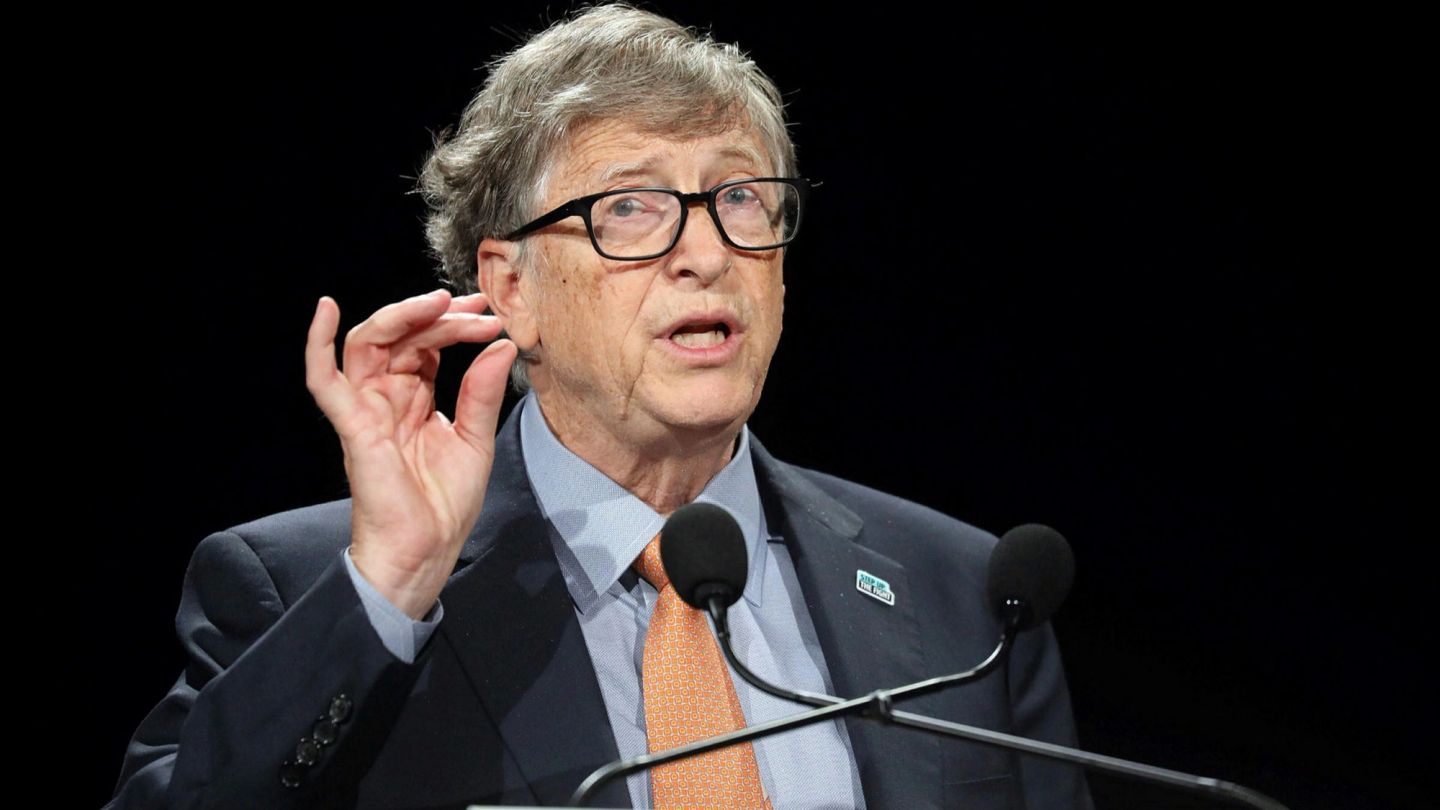
Watches -- 8 days ago

Covid has been good for the rich, with fortunes soaring – a fact confirmed by the latest Bloomberg Billionaires Index which this week confirmed Jeff Bezos as the world’s wealthiest person.
Discover the perks of being a member
| Clubhouse Membership | |
|---|---|
| Two Magazines per yearDelivered to your door | |
| Full Access to Paywall contentAccess to all member-only online features | |
| Membership Cardto redeem all the perks. | |
| Members Invites to Exclusive Eventsto private Clubhouse events | |
| Weekly newsletter Straight to your inbox | |
To receive the latest in style, watches, cars and luxury news, plus receive great offers from the world’s greatest brands every Friday.
